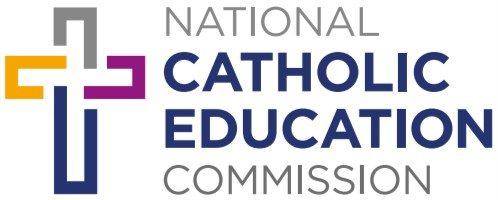29 May 2017
Australia’s school education landscape would look radically different if the affordable and accessible network of Catholic schools was jeopardised by the Government’s proposed funding reforms, the National Catholic Education Commission has warned.
In its submission to the Senate Inquiry into the Turnbull Government’s proposed legislative changes, the NCEC explains that Catholic school leaders, state and territory ministers and other stakeholders are rightly making the community and politicians stop and think about the Minister’s attempts to secure a decade-long school funding deal.
“A 10-year funding model should not be locked into legislation until there is a high degree of confidence among the Parliament, the community and all school authorities in the measures that underpin the model so that fair and equitable outcomes for all Australian schools can be realised,” the submission reads.
“Because of the issues outlined [in this submission] and as raised by other respondents to this important Inquiry, it is clear that no such confidence currently exists.”
The submission outlines how flaws in some of the fundamental aspects of school funding – including the Schooling Resource Standard and the use of socioeconomic status (SES) scores to set fee expectations – are creating even deeper problems.
“The Schooling Resource Standard is the basis on which school funding allocations are built, but the formula for calculating the SRS relies on erroneous measures,” Ms Cronin said.
“The SRS seeks to determine how much money is necessary to fund a high-quality, efficient school. But the use of NAPLAN as the key determinant of ‘quality’ and relying on metropolitan schools to define efficiency have rightly been criticised as inadequate for addressing the realities of the diversity of school sectors and states and territories.”
For non-government schools, the use of SES scores to determine the capacity of families to contribute to their child’s education has long been considered a faulty measure.
“The Minister is attempting to enshrine some dubious determinants of school funding into legislation, rather than following the guidance of educational and financial experts,” Ms Cronin said.
“Over the weekend, the architect of the SES model said the use of SES scores to determine school funding for non-government schools ‘clearly isn’t working’ and ‘needs to be reviewed’,” she explained.
“Commentators as diverse as the Centre for Independent Studies and newspaper editorial writers have criticised the SES model in assessing how much parents can – and should – pay in school fees.
“The Gonski Review of Funding for Schooling said in 2011 the SES needed to be reviewed. The current school education agreements called for a review, which two Coalition Education Ministers have ignored.”
Ms Cronin said that is just one of several of David Gonski’s recommendations that the Minister has ignored.
“It is simply not true that the Minister is implementing the ‘Gonski’ reforms as Mr Gonski intended,” she said. “Minister Birmingham is trying to dismantle some of the critical characteristics of school systems by ignoring some of the Gonski panel’s recommendations. He is also seeking to embed aspects of the current model that the panel said were inadequate.”
Ms Cronin said some of those decisions are placing Catholic schools under pressure. They are forcing Catholic school systems to consider how the variable treatment of schools under the Government’s model can be addressed in a way to ensure that a Catholic education is affordable for all families who seek one.
“We know parents and governments highly value the choice of a Catholic school in communities across the country,” she said. “This Inquiry must ensure that choice remains an option for all Australian families.”
